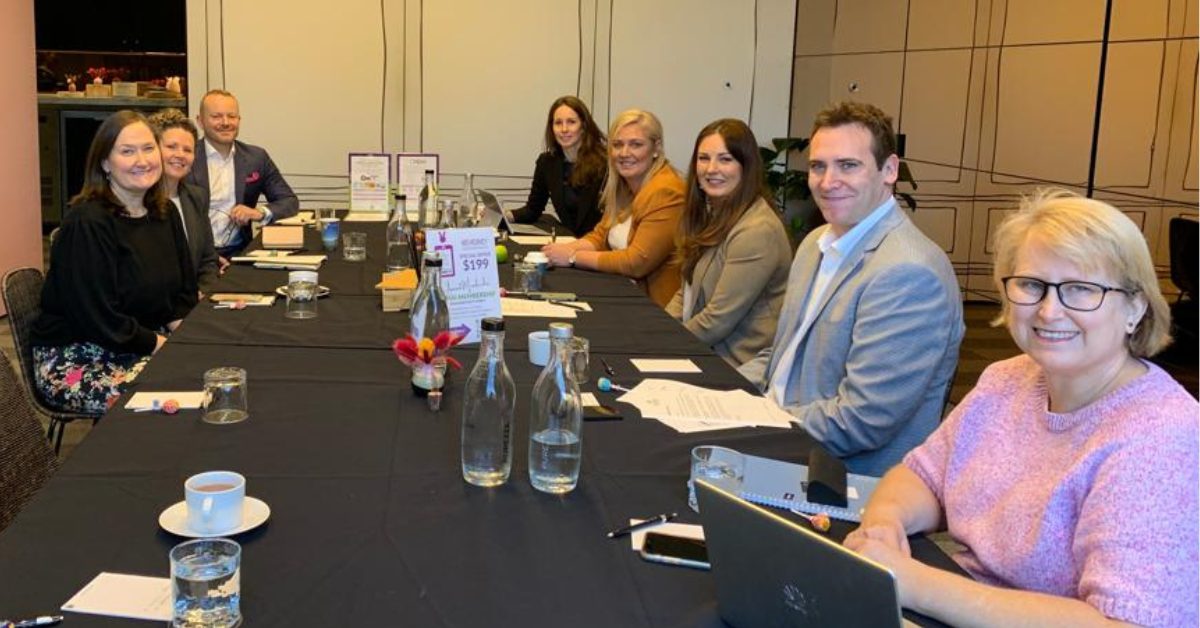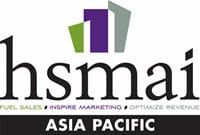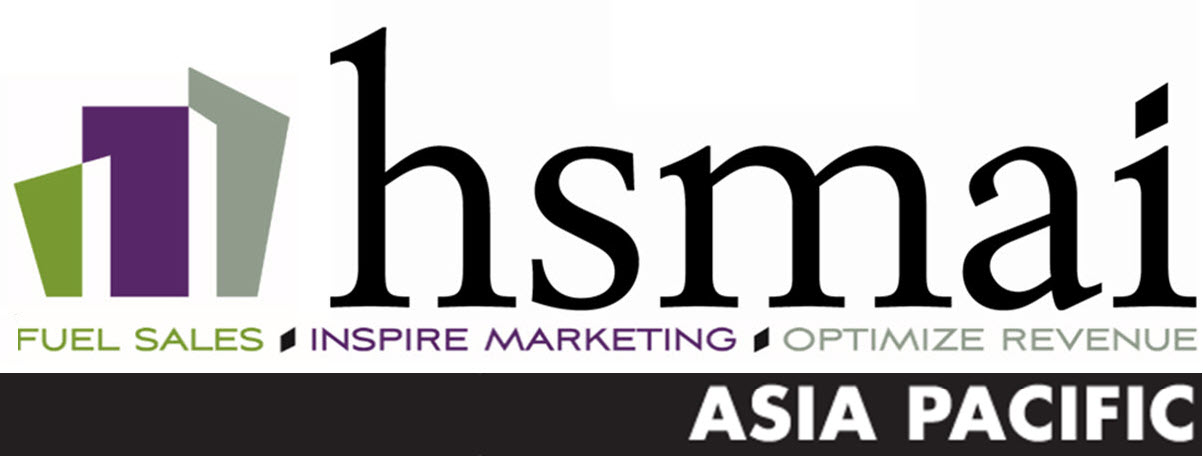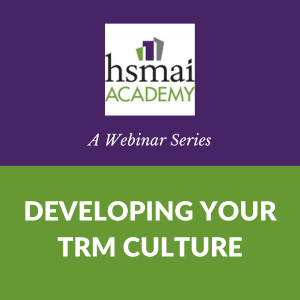
Hospitality Sales and Marketing leaders talk about 2023 in Sydney
Artificial Intelligence (AI) in Hotel Operations
Artificial Intelligence is rapidly permeating the hospitality industry, with chatbots at the forefront. One prominent hotelier recounted the initial challenges faced with chatbot implementation. However, as the technology adapted and learned, it effectively reduced phone call volumes. The affordability of such solutions, even on a subscription basis, makes them invaluable for hotels.
Interestingly, even smaller and regional properties have found substantial value in deploying chatbots, suggesting the broad scalability of this technology. However, it’s noteworthy that not all brands have embraced AI—often due to conservative mindsets.
Further enhancing guest service, DialPad offers transcription services, converting phone call interactions into texts which are then seamlessly integrated with the Property Management System (PMS). Furthermore, proactive engagement via email and text invites guests to communicate through chatbots, enhancing their stay experience.
The Evolving Landscape of Talent in Hospitality
Talent management remains a top concern. With retention rates wavering, the focus on effective onboarding has intensified, utilizing platforms like eHotelier for expedited training.
Although the inclination is to hire experienced industry professionals, there’s a notable challenge in doing so. The rising salaries in marketing roles outside the hospitality sphere make external recruitment a daunting task. This dilemma is further compounded by the changing nature of marketing roles, with an increasing emphasis on analytics and metric-driven strategies.
The importance of regular staff feedback, gauged through annual or bi-annual surveys, cannot be overstated. These insights drive tangible actions, thereby enhancing retention. The consensus is clear: honesty and continuous skill-building are paramount for long-term success.
Navigating the Work-From-Home Era
Remote work isn’t without its challenges. Young professionals, in particular, find decision-making taxing in the absence of colleagues to consult. To mitigate the isolation, establishing designated office days can ensure hybrid workers aren’t left alone.
A balanced hybrid model seems to be the golden mean, optimizing both employee retention and recruitment.
The Dynamics Between PCO’s and Hotels
A friction point has emerged between PCOs and hotels. PCOs often expect commissions on hotel bookings, regardless of automation, often overlooking the consequential ‘wash’ effect on hotels.
On the brighter side, while large hotel chains generally utilize template contracts, they exhibit flexibility by customizing them per client needs.
Sustainability: An Imperative Shift
By 2024, sustainability will not just be a buzzword but a measurable metric. With both governmental bodies and discerning customers demanding concrete evidence of eco-friendly initiatives, hotels need to brace for this shift.
RFPs are now leaning heavily on sustainability clauses, making it a decisive factor over a mere advantage. Large hotel chains have set the bar by measuring the environmental impact of each event and offering eco-friendly tips to organizers.
Upcoming legislation, especially concerning Scope 3, will soon mandate companies with revenues exceeding $300m to produce proof of their sustainable progress. Two noteworthy measurement systems include EarthCheck and Tourism Australia’s process.
University of Queensland’s ongoing research is shedding light on sustainability practices, from minibar usage to cleaning schedules. Incentives, like complimentary drinks for guests foregoing daily room cleaning, are ingenious ways hotels are encouraging eco-friendly choices.
Parkroyal in Singapore, as highlighted by HSMAI, serves as an exemplary case of the positive brand implications of sustainable initiatives.
In conclusion, the landscape for hotel sales and marketing in Australia is in flux, influenced by technology, talent challenges, remote work dynamics, industry relations, and the undeniable pivot towards sustainability. Preparedness and adaptability will be key for industry leaders moving forward.


